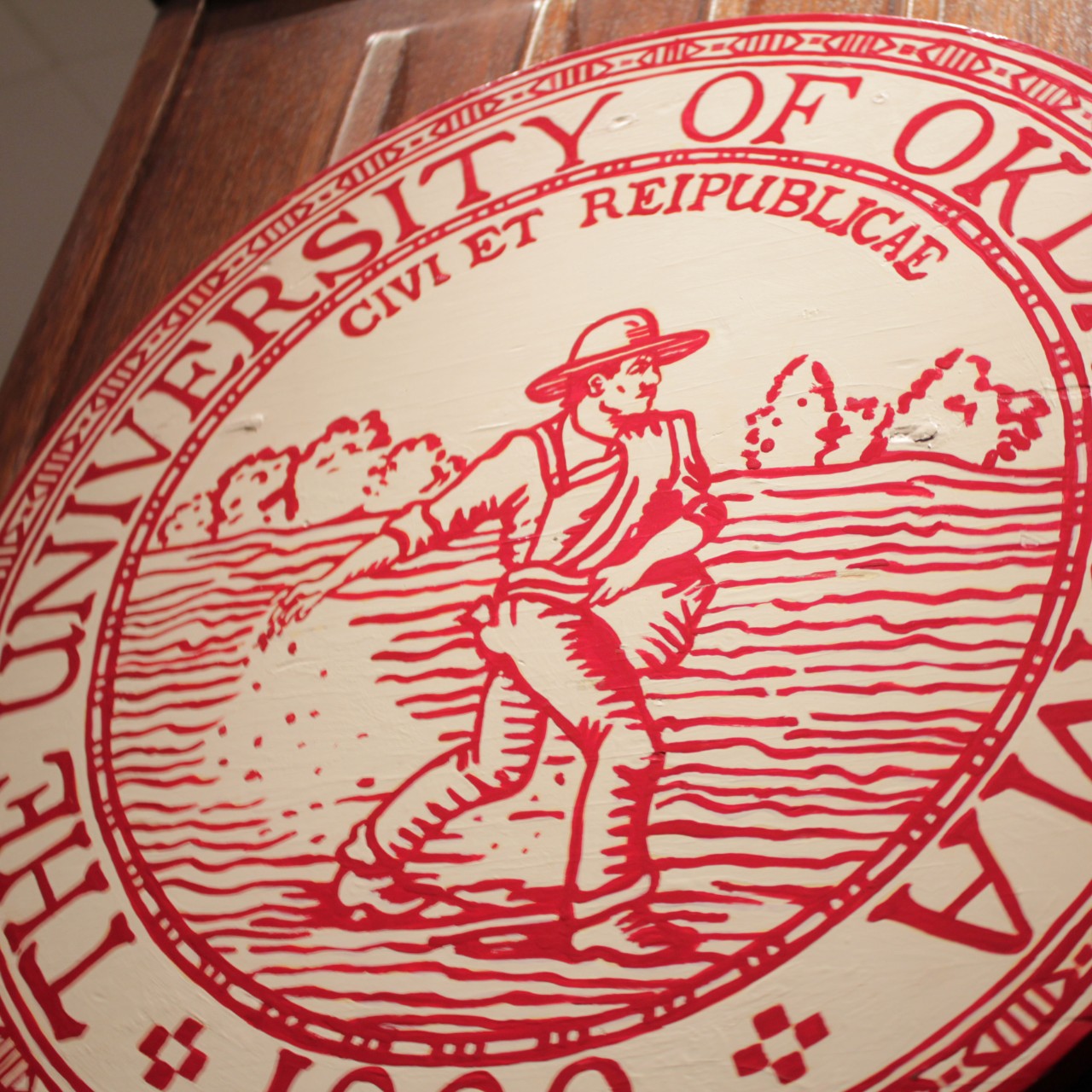OKLAHOMA CITY AND NORMAN – Violence in the Middle East, Ebola outbreaks in West Africa, armed fighting in Ukraine, Iran’s nuclear program, cyber hacking of computer systems, and drug violence in Mexico are just a few of the many national security threats that America faces today. To build understanding of these and other complex national security problems, the Defense Intelligence Agency has awarded a $1.8 million, five-year grant to the University of Oklahoma’s Center for Intelligence and National Security.
The award from the Office of the Director of National Intelligence, positions OU to develop next-generation skills and competencies critical to the missions of the U.S. Intelligence Community and national security interests. With this award, OU’s Center for Intelligence and National Security will be officially designated an Intelligence Community Center of Academic Excellence, patterned after the national program, which is designed to increase the quality of education and research programs relevant to global, national, and homeland security.
The multi-campus award utilizes senior faculty from OU’s Health Sciences Center and Norman campuses to mentor undergraduate and graduate students, provides opportunities for study abroad for cultural enrichment, and will support rigorous research on key national security challenges such as international terrorism; insurgencies and ungoverned spaces; illicit trafficking; border security; countering economic espionage and protecting intellectual property; cyber security; energy security; critical infrastructure protection; and biosecurity.
“This award is important to OU and is especially significant because it helps foster the careers of outstanding young engineers, scientists and individuals with critical language skills by engaging them in meaningful research and educational experiences, which ultimately will enhance efforts to ensure the security of the United States,” said OU President David L. Boren.
James L. Regens, Bartlett Foundation Chair of Public Health and Regents’ Professor at the OU Health Sciences Center, is the director of OU’s Center for Intelligence and National Security. A member of the Council on Foreign Relations, Regens has extensive field experience in Western Europe, Russia, China, the Middle East, Latin America, and sub-Saharan Africa.
“We are at a critical point in history because a powerful combination of factors is transforming intelligence collection and analysis,” Regens said. “Evidence-based knowledge to inform sound policy decisions is an imperative in today's world. A compelling case can be made that the national security challenges facing the U.S. are more diffuse geographically, more embedded in socioeconomic and cultural conditions, and more difficult to manage adroitly.
“Moreover, many have a strong scientific and technical component or require expertise in critical languages,” said Regens. “I look forward to working with my OU colleagues in the years ahead to build this new center. I am especially happy about what this means for our students. It is further validation that the Intelligence Community recognizes OU has unique talents.”



